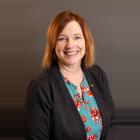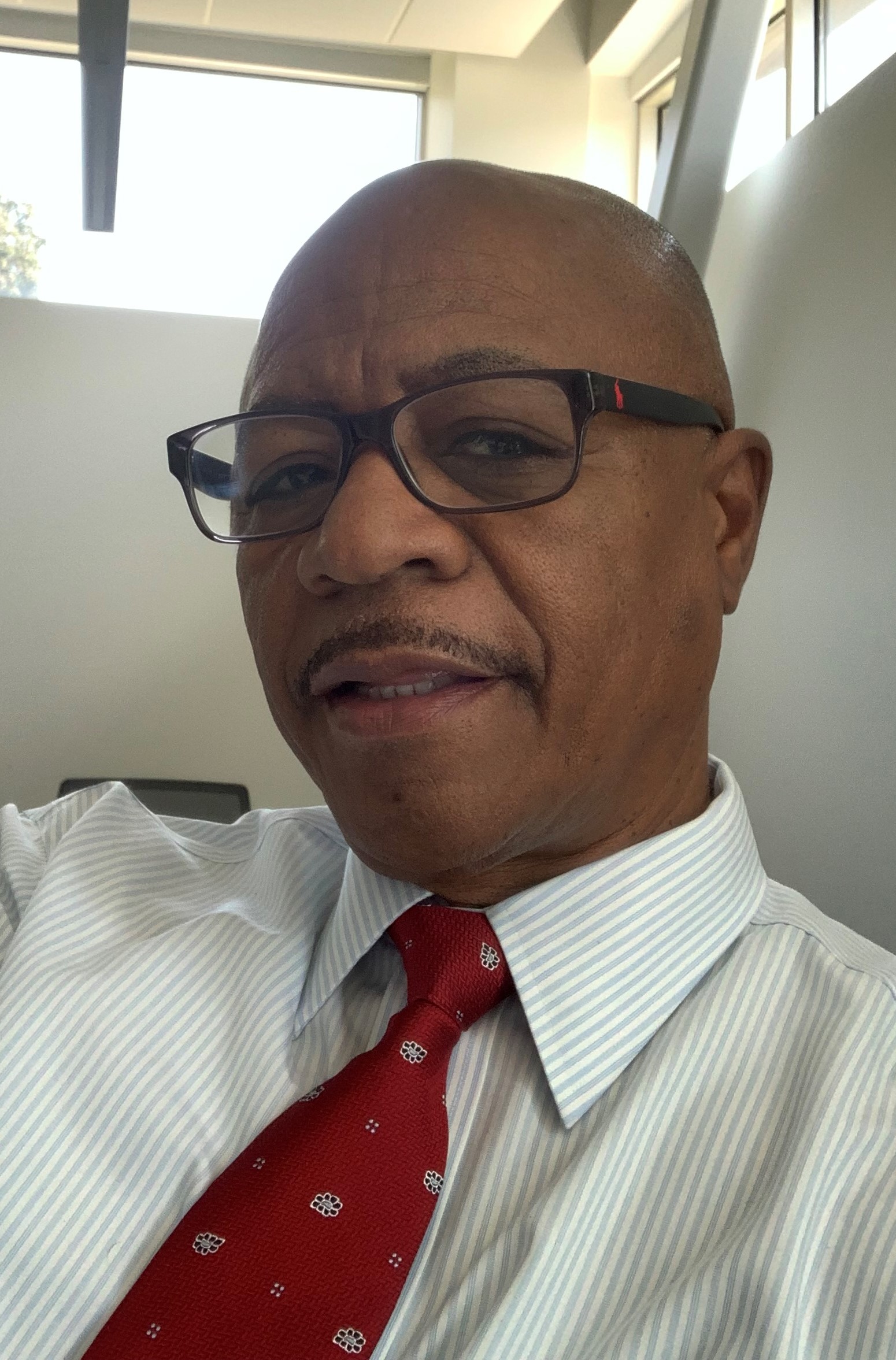Psychotherapy with Black Clients: Rumbling with Theory, Feelings, and Meaning-Making PART 1
Parasol I
Speaker(s):
Description
From theories of human development (Erickson, Piaget, Kohlberg, Vygotsky) to models of personality and change (Freud, Rogers, Beck, Ellis), most clinicians are taught from a euro-centric worldview. As grounded in Ellis and Deitz’s (2018) contribution of community and environmental factors to the ACES framework, it is imperative that we rumble with the conceptual and affective gaps a euro-centric perspective creates when attempting to work with specific communities, like Black-identified clients.
Expanding on the previous year’s presentation advocating for updates to the ACES framework, part one will support participants in conceptualizing discrimination as a broad community/environmental factor that can disrupt human development and examining the influencing role of discrimination in early childhood development (e.g., access to resources, help-seeking tendencies, development of self-regulatory processes, parenting practices).
In part two, participants will be supported in examining personal biases that are a byproduct of under-education on and underexposure to Blackness. Through the use of art-making, participants will explore personal feelings and meaning to prepare for the refinement of clinical skills.
Objectives
1. Critically examine the clinical implications of the absence of Blackness in the training of mental health providers
2. Grapple with feelings that may impede capacity to humanize Black clients
3. Explore personal meaning surrounding counseling Black clients


